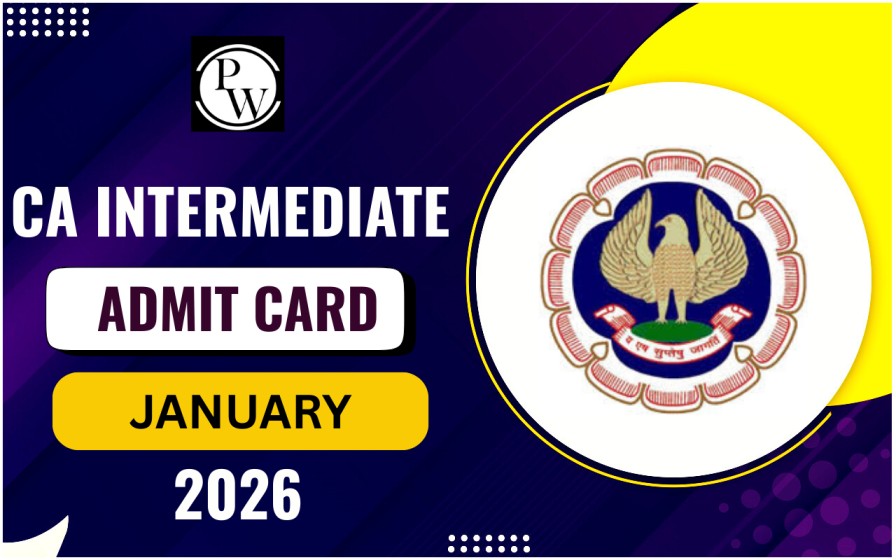
"Due diligence" is a term often used in business. It means thoroughly investigating and confirming information about a company or investment. For compliance teams, it's crucial when dealing with new vendors and third parties. However, understanding what it entails and how to integrate it into your procedures can be tricky.
In simple terms, due diligence involves researching and analyzing a company or organization before a business deal, like a merger or buying stocks. In this article, we'll also explore details about due diligence for CA Exams .What Is Due Diligence?
Due diligence involves thoroughly checking and confirming information about a person or company before starting any business relationship, like working with a supplier, partner, or customer. In simple terms, it means carefully looking into aspects of a business that could affect it. Being diligent means being proactive and dealing with issues before they become bigger problems.Purpose of Due Diligence
Businesses must establish clear policies and procedures. Using a checklist can help ensure that everyone focuses enough time and attention on important issues. Boards should also work together with others and follow written guidance. Sometimes, it's necessary to seek help from outside experts like lawyers, accountants, or tech specialists to ensure thorough due diligence.| Also Check: | |
| Management Accounting | Financial Accounting |
| Auditing and Assurance | Taxation |
| Financial Management | Business Laws and Ethics |
Principles of Due Diligence
Conducting thorough research is crucial for businesses to spot risks early on. However, it's important to consider human rights too. Back in 2011, the UN introduced its Guiding Principles on Business and Human Rights. These principles give clear steps for businesses to ensure they're not harming human rights. Even though these principles focus on human rights, they're also fundamental for any good research plan. Here's a breakdown:- Recognize and Evaluate: Businesses must figure out if their actions could affect human rights and understand how big that impact might be.
- Prevent and Reduce: After identifying risks, businesses should take honest steps to stop them from happening or lessen their effects.
- Record: It's crucial for businesses to keep detailed records of how they're dealing with potential human rights risks proactively.
Types of Due Diligence
ary. For instance, a coffee chain planning to team up with a new coffee bean supplier will have different steps to follow compared to a bank looking for a new vendor for its online banking system. Depending on your organization's type and its value chain size, you might need to do one of these eight types of research:- Vendor Research: Checking the risks associated with current or potential vendors.
- Third-Party Research: Evaluating the risk level of potential partners, including their vendors.
- Enhanced Research: Using a risk-based approach to evaluate specific clients or companies.
- Technology Research: Examining your IT systems for potential risks, often done in mergers and acquisitions.
- Cyber Research: Assessing, monitoring, and mitigating network risks, especially those from third-party vendors.
- Supply Chain Research: Evaluating environmental and human rights risks throughout your supply chain.
- Financial Research: Analyzing financial performance before merging or acquiring.
- Regulatory Research: Ensuring compliance with relevant regulations by reviewing policies and procedures.
- ESG Research: Understanding and managing environmental, social, and governance impacts.
How to Conduct Due Diligence?
Conducting due diligence depends on what kind you need. For financial due diligence, you'll focus on finances, while IT due diligence delves into company systems. However, most due diligence follows similar steps:- Define goals: Figure out why you're getting into a new business relationship. Knowing how it benefits you helps shape the due diligence process and identify potential risks.
- Assign roles: Since due diligence can be lengthy and complex, clarify who's responsible for what, both in your organization and the one you're assessing.
- Review documents and processes: Check various documents, like financial records, IT systems, and compliance procedures, based on the organization and business deal.
- Evaluate risk management: Understand how your potential partner handles risks. Those without a plan might be riskier to work with, so see how your approaches align.
- Document findings: Share all your discoveries in a report, usually with the board or top management, to help them decide on the relationship.
- Monitor and manage risk: Due diligence doesn't stop after the deal. Keep an eye on your partner's activities to ensure compliance and address any emerging risks.
Due Diligence Examples
Analyzing due diligence can be a big task, especially for large companies with complex operations. Let's look at a few examples to understand how diverse it can be:- A global marketing agency looking into new project management software would check its price, customer feedback, security measures, and if it works well with the agency's systems.
- If a company is buying out a smaller competitor, they'd examine things like employee contracts, pay structures, any ongoing disputes, anti-bribery policies, and if they follow all the rules.
- When a nonprofit wants to team up with a tech provider, they'd want to know about the provider's cybersecurity setup to make sure there are no risks or rule violations.
Due Diligence FAQs
What is due diligence?
Due diligence involves researching and analyzing a company before a business deal to minimize risks and ensure compliance.
Why is due diligence important?
It helps identify potential risks and ensures business dealings comply with regulations, minimizing future problems.
What are the principles of due diligence?
Principles include recognizing and evaluating risks, preventing harm, recording actions, and considering human rights impacts.
How do you conduct due diligence?
Define goals, assign roles, review documents, evaluate risk management, document findings, and monitor ongoing risks.
What are some due diligence examples?
Examples include researching software for a marketing agency, examining a competitor's contracts, and assessing a tech provider's cybersecurity.
🔥 Trending Blogs
Talk to a counsellorHave doubts? Our support team will be happy to assist you!

Free Learning Resources
PW Books
Notes (Class 10-12)
PW Study Materials
Notes (Class 6-9)
Ncert Solutions
Govt Exams
Class 6th to 12th Online Courses
Govt Job Exams Courses
UPSC Coaching
Defence Exam Coaching
Gate Exam Coaching
Other Exams
Know about Physics Wallah
Physics Wallah is an Indian edtech platform that provides accessible & comprehensive learning experiences to students from Class 6th to postgraduate level. We also provide extensive NCERT solutions, sample paper, NEET, JEE Mains, BITSAT previous year papers & more such resources to students. Physics Wallah also caters to over 3.5 million registered students and over 78 lakh+ Youtube subscribers with 4.8 rating on its app.
We Stand Out because
We provide students with intensive courses with India’s qualified & experienced faculties & mentors. PW strives to make the learning experience comprehensive and accessible for students of all sections of society. We believe in empowering every single student who couldn't dream of a good career in engineering and medical field earlier.
Our Key Focus Areas
Physics Wallah's main focus is to make the learning experience as economical as possible for all students. With our affordable courses like Lakshya, Udaan and Arjuna and many others, we have been able to provide a platform for lakhs of aspirants. From providing Chemistry, Maths, Physics formula to giving e-books of eminent authors like RD Sharma, RS Aggarwal and Lakhmir Singh, PW focuses on every single student's need for preparation.
What Makes Us Different
Physics Wallah strives to develop a comprehensive pedagogical structure for students, where they get a state-of-the-art learning experience with study material and resources. Apart from catering students preparing for JEE Mains and NEET, PW also provides study material for each state board like Uttar Pradesh, Bihar, and others
Copyright © 2026 Physicswallah Limited All rights reserved.









